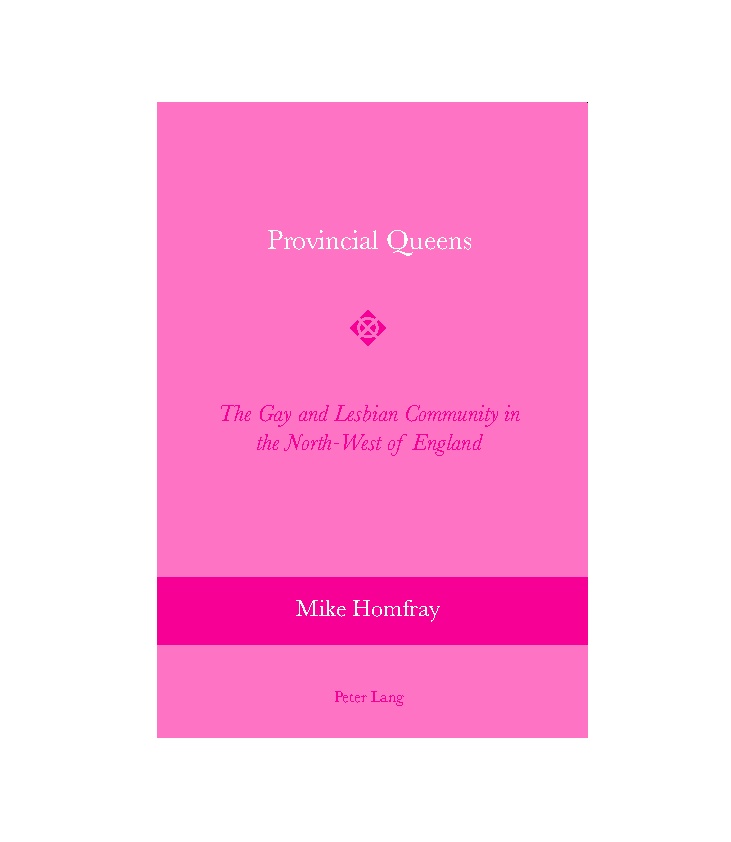Its always the case that any such story brings out the "broken families" nonsense, and provides many opportunities for simplistic grandstanding, and this one is no exception. I do not pretend to have any easy answers. But the following points appear relevant
1. Reducing benefits for larger families will not necessarily prevent the children from being born. Whilst the gaining of benefits may be one of many stated reasons for having children , there is very little evidence that this is the only reason. I think those who consider that removing benefits will automatically lead to less children is naive. Also, what happens to the children themselves? Will they be automatically placed in care? This will be far more expensive than providing benefits, if cost is the ultimate concern. Is there very much evidence that care is better than a dysfunctional family?
2. Early intervention is vital and this may appear to be repressive in that it may involve the removal of the children. I think there remains a conflict, largely the fault of the family values campaigners, who on the one hand, eulogise the family and kick up a fuss whenever a family is split up by social work intervention, yet who suggest the very same intervention and removal if the family is not to their liking. Things like Sure Start in its early guise may help but it appears to have been so diluted that it may now make little impact
3. Undoubtedly there are people who are intergenerationally unemployed. But given that there is not enough work to go around, and that a minimum wage job will not be financially viable to maintain a family of a large number. any solution that focuses on paid work as the only solution is not going to be effective. It would have to include a reform of welfare benefits to ensure that part time and low paid work is actually worthwhile and does not leave the family worse off. Also, good parenting is a full time job and I think it a mistake not to see this as a suitable activity as well.
4. The friends and neighbours of Matthews rallied round and displayed a close knit and supportive community. The idea of the "underclass" may well be faulty. Its originator saw it as referring to whole areas - but this is not the case in Dewsbury (where I used to work) where many people are in low paid work. Its probably not a very helpful term in that it ends up labelling whole groups of people, although there are definitely people who have fallen into a lifestyle which does not include work and who are reliant on benefits. But be realistic - we don;t have jobs for all who want them - and do you think employers are going to be queing up to employ Karen Matthews and others who are long-tern unemployed?
5. If this problem is as serious as suggested, is there a case for restricting the fertility of those unable to care for their own children? I can hear the cries of anguish already - but what other solutions have been suggested which will work? Reducing benefits will only harm the children. If it is irresponsible to have large families, then should smaller families be encouraged? How much coercion do we consider appropriate?
Monday, December 08, 2008
Subscribe to:
Post Comments (Atom)













No comments:
Post a Comment